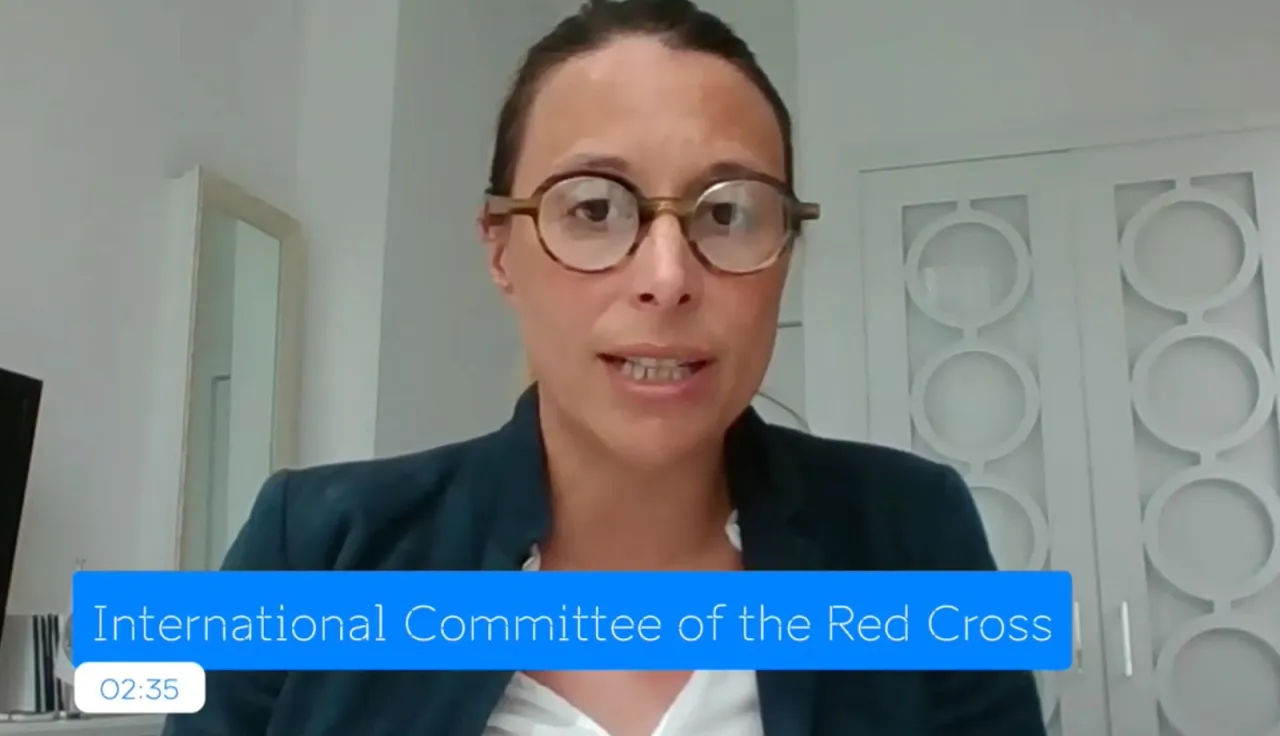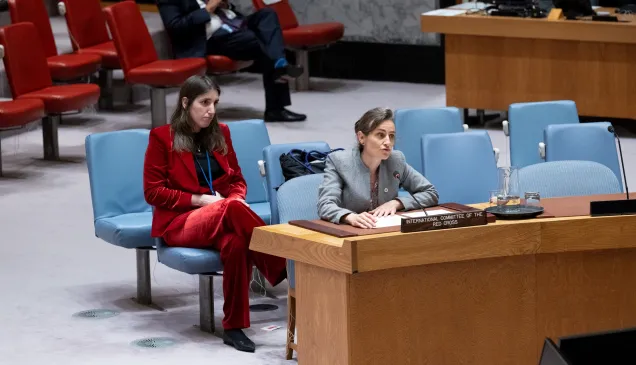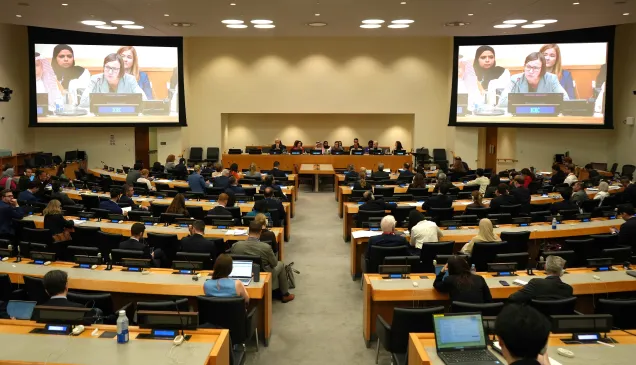As delivered by Ms. Laetitia Courtois, Permanent Observer to the United Nations and Head of Delegation, ICRC New York
Excellencies, Ladies and Gentlemen,
Thank you for the opportunity to address the Council on Cyber Stability and Conflict Prevention. I address this Council today because the International Committee of the Red Cross (ICRC) is concerned that malicious use of cyber technology can disrupt and cause suffering during armed conflicts.
On this, the ICRC would like to emphasize three points.
First, cyber operations can severely affect societies and cause harm. They can disrupt the operation of critical civilian infrastructure and hamper delivery of essential services to the population. Cyber-attacks on hospitals, for instance, may force surgeons to postpone urgent interventions, doctors to reroute new acute patients, or hospitals to reduce some of their activities. Even in today's ongoing COVID-19 pandemic, health-care facilities have been targeted by malicious cyber operations, delaying, for instance, the processing of tests by several days. When medical services are disrupted, people's lives are put in danger. During health crises or in times of armed conflict these attacks can be devastating.
Second, there is no question that international humanitarian law applies to, and therefore restricts, cyber operations during armed conflict. Indeed, States have affirmed the applicability of international law in cyberspace. If parties to an armed conflict use cyber operations, according to international humanitarian law, they must:
• never direct cyber-attacks against civilian infrastructure;
• respect and protect health-care facilities; and
• never use cyber operations to unduly interfere with impartial efforts to provide humanitarian assistance.
The UN Security Council has adopted many resolutions that call upon belligerents to respect these fundamental rules. These rules also apply in cyberspace.
Third, new technologies must not lead to an escalation of conflict between States. New technologies should contribute to conflict prevention efforts and not impede them. The UN Charter prohibits the threat or use of force; it provides rules on maintaining peace and security. That international humanitarian law imposes limits on how conflicts are fought does not legitimize the use of force between States – in cyberspace or in any other domain.
I thank you.




